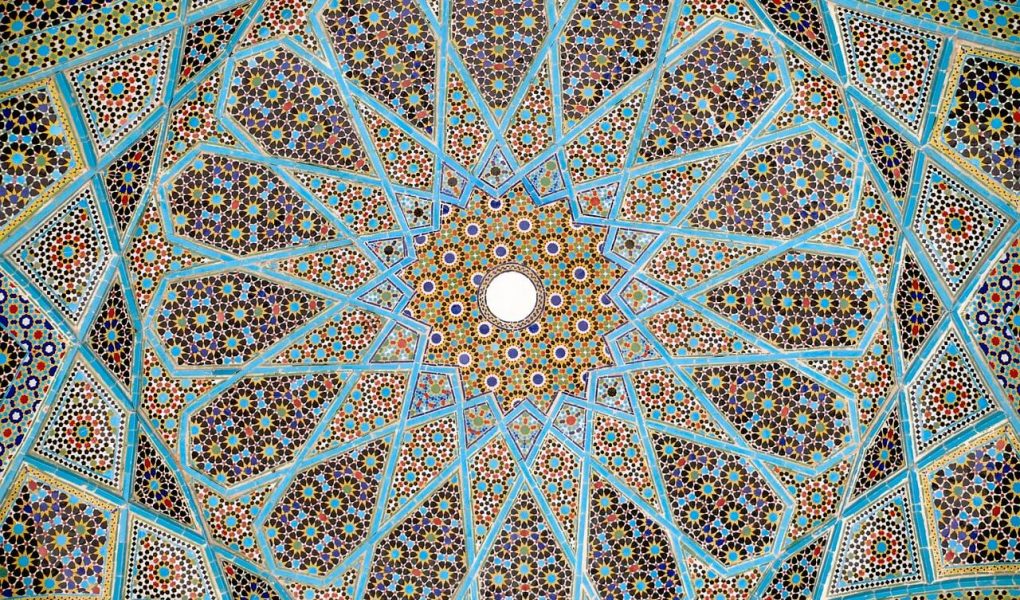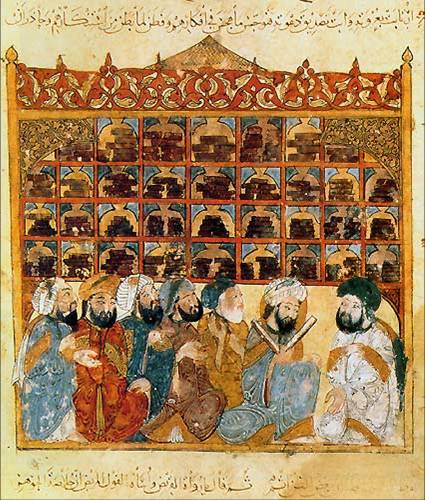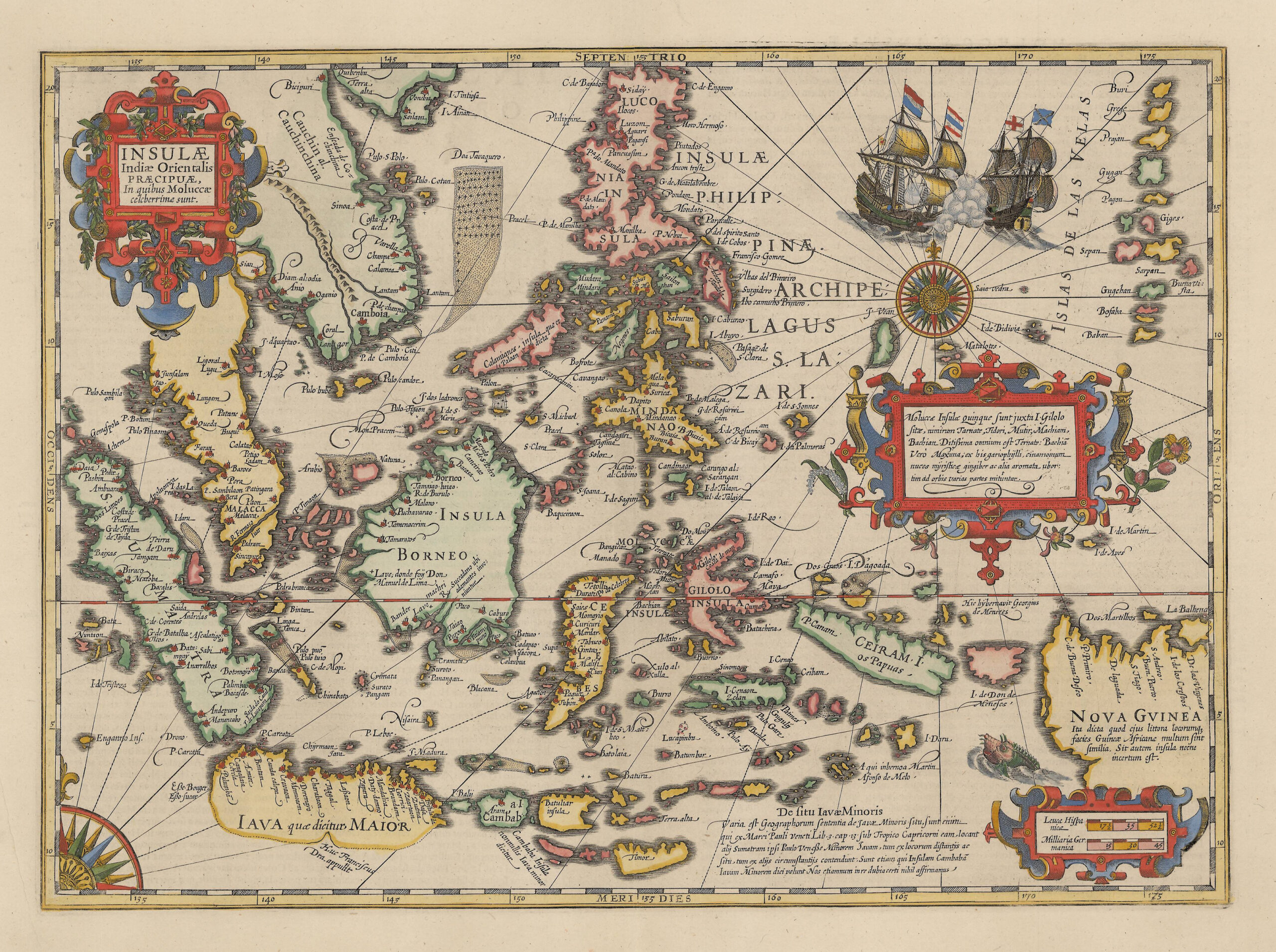SMNA Library
ABOUT THE LIBRARY
BRIEF INTRODUCTION ON SMNA LIBRARY & ITS HISTORY
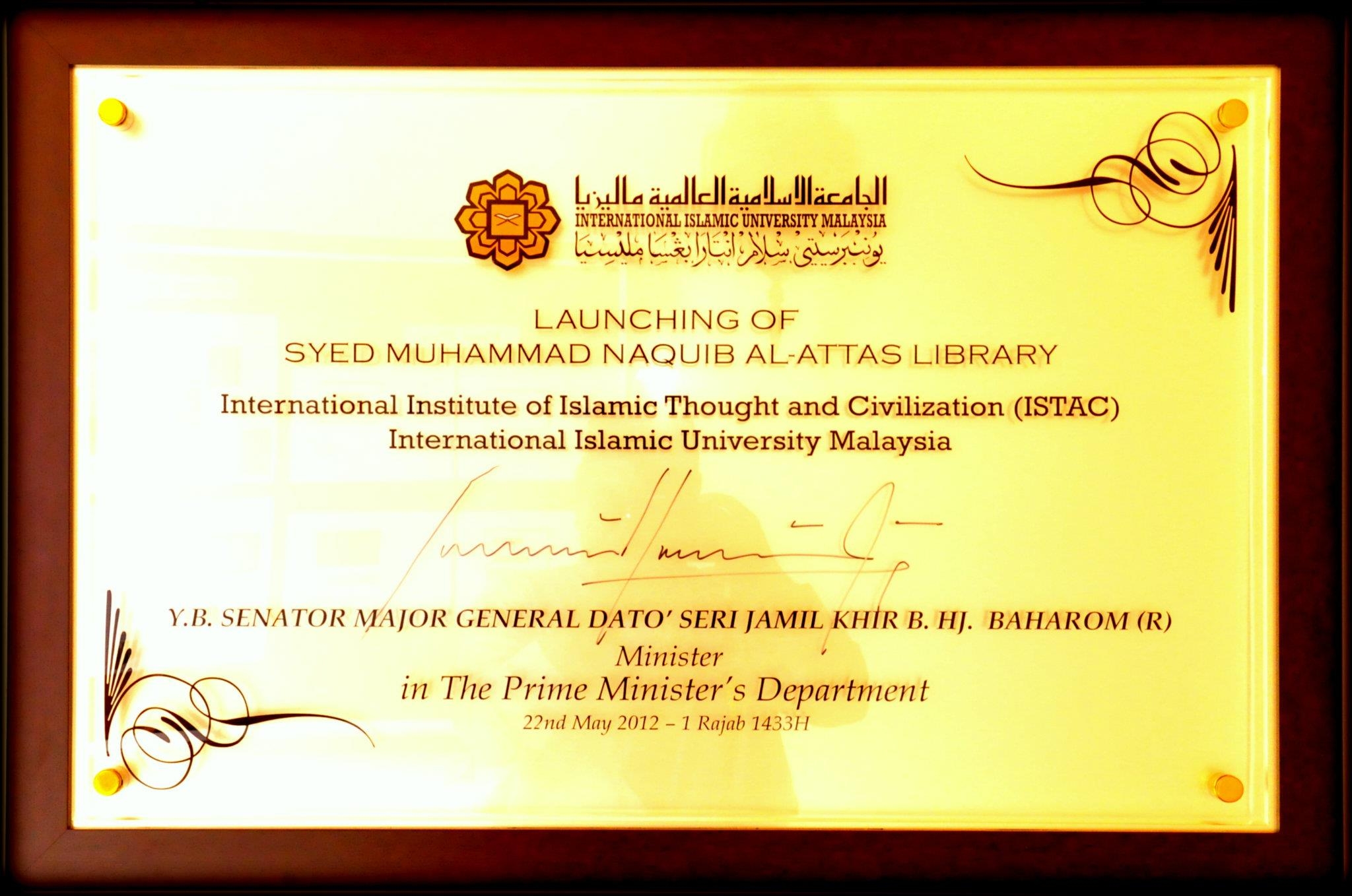
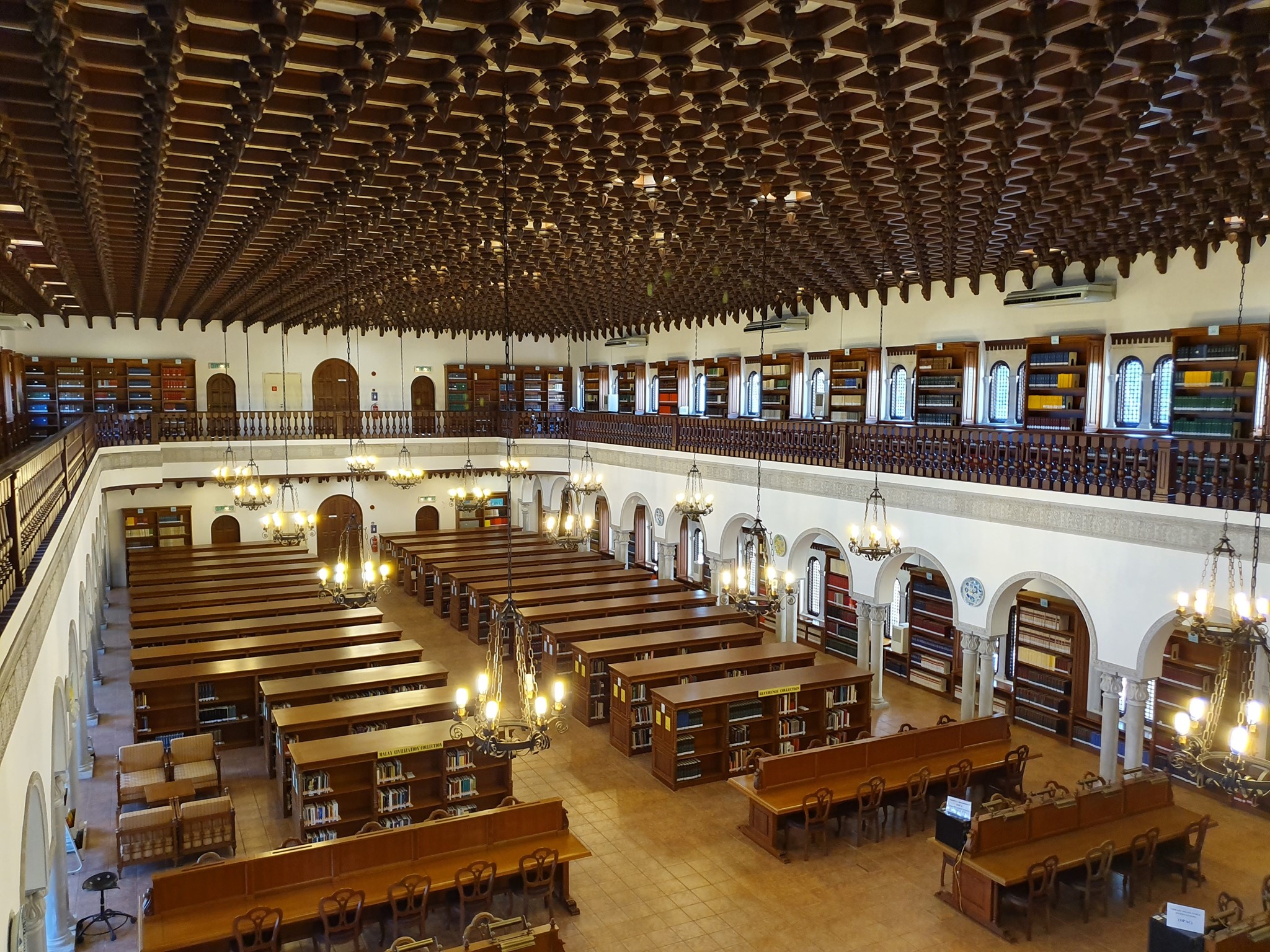
SMNA LIBRARY
OPERATING HOURS
PHONE : 03-6421 1260
| Monday | 8:30 am–5 pm |
| Tuesday | 8:30 am–5 pm |
| Wednesday | 8:30 am–5 pm |
| Thursday | 8:30 am–5 pm |
| Friday | 8:30 am–12:15 pm, 2:45–5 pm |
| Saturday | Closed |
| Sunday | Closed |
LIBRARY COLLECTIONS
SNIPPET OF HISTORICAL BOOKS, ARTIFACTS & MANUSCRIPTS AT SMNA LIBRARY
Important rare books include translation of Qur’an in Latin language, with preface by the Christian reformer Martin Luther. It was the first attempt at Qur’an translation by Christians, and printed in 1543 A.D. in Basel, after much opposition that includes imprisonment, seizure and removal from office of those involved.
From the Malay world, SMNA Library has a lithograph copy of Hikayat ‘Abd Allah by ‘Abd Allah bin ‘Abdul Kadir Munsyi, printed in Singapore in 1849 A.D. Another rare copy is Hikayat Binatang, also by similar author, printed a few years before the aforementioned Hikayat in 1846 A.D.
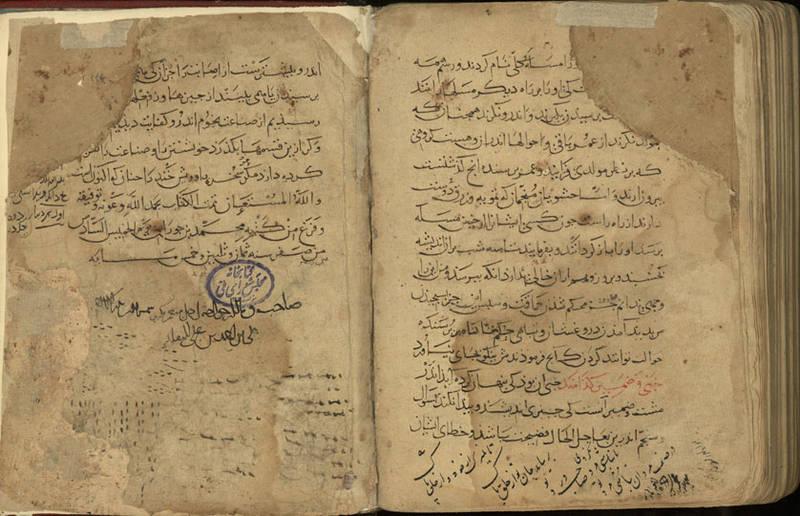


MANUSCRIPTS
PRICELESS MALAY & ISLAMIC MANUSCRIPTS & THE STORY BEHIND IT
ABOUT MALAY & ISLAMIC MANUSCRIPTS
Malay manuscripts have played a significant role in shaping the cultural heritage of Southeast Asia, particularly in the Malay Archipelago, which encompasses modern-day Malaysia, Indonesia, Brunei, Singapore, and the southern Philippines. These manuscripts serve as primary sources for understanding the history, culture, and religious practices of the Malay people. Many of these manuscripts also contain Islamic teachings, reflecting the spread of Islam throughout the region. In this academic write-up, we will explore the significance of Malay and Islamic manuscripts and their impact on Southeast Asian culture.
HISTORY OF MALAY MANUSCRIPTS
The origins of Malay manuscripts can be traced back to the ancient Malay Kingdoms, which were influenced by Hinduism and Buddhism. The earliest Malay manuscripts were written in Kawi, an Old Javanese script that was used to write both Sanskrit and Old Malay. The oldest surviving Malay manuscript is the Tanjung Tanah Code, written in Kawi script, which dates back to the 7th century. During the 13th century, the spread of Islam throughout the Malay Archipelago led to the creation of new manuscripts written in the Arabic script. These manuscripts served as a means of spreading Islamic teachings and were written in a variety of genres, including Qur’anic commentaries, legal texts, and mystical treatises. Many of these manuscripts were written by Islamic scholars from the Middle East and India who traveled to Southeast Asia to spread the teachings of Islam.
SIGNIFICANCE OF ISLAMIC MANUSCRIPTS
Islamic manuscripts are significant because they provide insights into the religious and cultural practices of the Malay people. These manuscripts document the spread of Islam in Southeast Asia, which had a profound impact on the region’s culture and society. They also reflect the diversity of Islamic practices in Southeast Asia, which has been shaped by local traditions and beliefs. One of the most significant Islamic manuscripts is the Jawi Peranakan Manuscripts, which are written in Jawi script and reflect the fusion of Malay and Chinese cultures. These manuscripts contain a variety of literary works, including poetry, letters, and legal documents, and provide insights into the lives of the Malay-Chinese community in Southeast Asia.
SUMMARY ON MALAY & ISLAMIC MANUSCRIPTS
In conclusion, Malay and Islamic manuscripts play a crucial role in understanding the cultural heritage of Southeast Asia. These manuscripts provide insights into the history, culture, and religious practices of the Malay people and reflect the diversity of Islamic practices in the region. They are significant as primary sources for understanding the impact of Islam on Southeast Asian culture and society. As such, the preservation and study of these manuscripts are essential for safeguarding the cultural heritage of the Malay Archipelago.
MALAY MANUSCRIPTS LECTURE SERIES
Speaker: Emeritus Professor Kawashima Midori, Sophia University, Tokyo, Japan
Date: 25 January 2022/Tuesday
Time: 10.30 AM – 12.30 Noon
Moderator: Dr. Wan Ali Wan Mamat, ISTAC-IIUM
Speaker: Professor Dr. Muhammed Haron. Associate Researcher, Stellenbosch University, South Africa, formerly Professor of Religious Studies, University of Botswana
Date: 7 April 2022/Thursday
Time: 10.30 AM – 12.30 Noon
Moderator: Dr. Wan Ali Wan Mamat, ISTAC-IIUM
Speaker: Titik Pudjiastuti, Universitas Indonesia
Date: 20 May 2022/Friday
Time: 10.30 AM – 12.30 Noon
Moderator: Dr. Wan Ali Wan Mamat, ISTAC-IIUM
Speaker: Dr. Surya Suryadi, Leiden University
Date: 15 July 2022/Friday
Time: 10:30 A.M. – 12:30 Noon
Moderator: Dr. Wan Ali Wan Mamat, ISTAC-IIUM
Speaker: Dr. Megawati Moris, Assistant Professor di Department of Usul al-Din and Comparative Religion, AHAS, KIRKHS.
Date: 26 August 2022, Friday
Time: 10:30 A.M. – 12:30 Noon.
Moderator: Dr. Wan Ali Wan Mamat, ISTAC-IIUM
Speaker: Prof Dato’ Baharuddin Ahmad
Date: 30 September 2022/Friday
Time: 10:30 am – 12:00 noon
Moderator: Dr. Wan Ali Wan Mamat, ISTAC-IIUM
Speaker: Ding Choo Ming. Pesara & MCS
Date: 10 November 2022/Thursday
Time: 10:30 am – 12:00 noon
Moderator: Dr. Wan Ali Wan Mamat, ISTAC-IIUM
Speaker: Assoc. Prof. Dr. Arba’iyah Mohd Noor, Dept of History, Universiti Malaya
Date: 25th November 2022/Friday
Time: 10:30 am – 12:00 noon
Moderator: Dr. Wan Ali Wan Mamat, ISTAC-IIUM
Speaker: Emeritus Professor Datuk Dr Osman Bakar, Holder of Al-Ghazali Chair of Epistemology, Civilisational Studies and Renewal
Date: 29th December 2022/Thursday
Time: 10:30 am – 12:00 noon
Moderator: Dr. Wan Ali Wan Mamat, ISTAC-IIUM
Speaker: Dr. Mardiana Nordin, Jabatan Sejarah, Universiti Malaya
Date: 27 January 2023/Friday
Time: 10:30 am – 12:00 noon
Moderator: Dr. Wan Ali Wan Mamat, ISTAC-IIUM
Speaker: Dr. Mu’jizah, Peneliti Utama, Badan Riset dan Inovasi Nasional, Jakarta, Indonesia
Date: 2 March 2023/Thursday
Time: 10.30 am – 12:00 noon
Moderator: Dr. Wan Ali Wan Mamat, ISTAC-IIUM
Speaker: Asst. Prof. Dr. Mohamad Hazizie Sulkafle
Date: 31 March 2023/Friday
Time: 10.30 am – 12:00 noon
Moderator: Dr. Wan Ali Wan Mamat, ISTAC-IIUM

